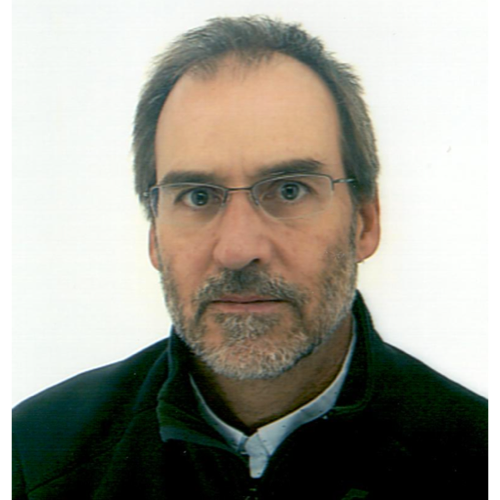Global Neonat

Context
Most existing medical devices in industrialized countries cannot fulfill – or be adapted to fulfill – the technical specifications of the context of district hospitals in developing countries. Neither can they fulfill the stringent requirement of a radical reduction of the “cost of ownership” (total cost of the device during its complete lifecycle). Attempts have been made to develop appropriate incubators or simplified infant warmers. They suffer from a series of drawbacks like inability to be carried into industrial production and solutions not meeting safety standards.

1.1 Million newborns die of hypothermia before their first month
WHO/UNICEF
The Project
The essential incubator must be simple and intuitive to use, bearing all the features of a “high-tech” incubator whilst being well adapted to the context of a district hospital in the developing world
- Resistance to deleterious effects of voltage spikes and ‘unclean’ electricity
- Thermal Battery to allow the continuous operation of the heating system in spite of electrical black outs and power cuts
- Resistance to humidity of 98%, temperatures up to 50°C and high levels of dust
- Low maintenance
- Quality thermal regulation, maintaining the zone of thermo-neutrality of the newborn
- Integrated phototherapy unit to treat neonatal jaundice in order to avoid cerebral palsy caused by kernicterus
- Safe use by untrained staff
- Largely language-independent, i.e. rely on pictograms
Key Accomplishments
2019
2018
2017
2016
2015
Hackathon « THE Port » qui a permis d’explorer différents designs de couveuse
2014
2013

Dr. Michel Rochat
Project Manager
Global Neonat

Academic Partners
External Partners
blank
LRESE
LAPD
LPAC
Prof. Véronique Michaud